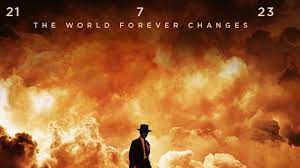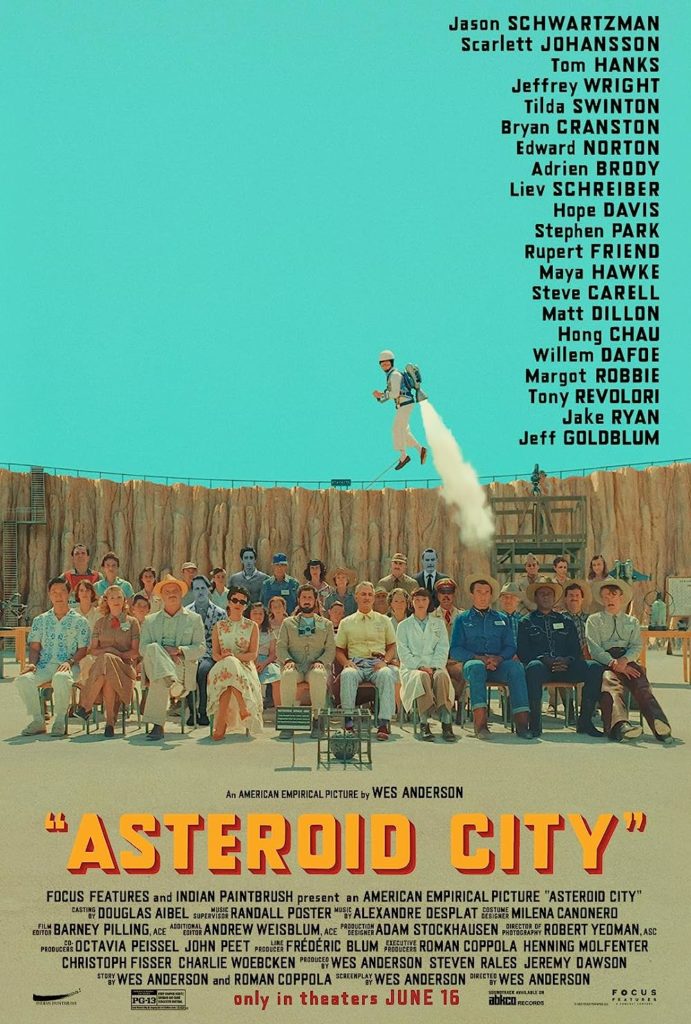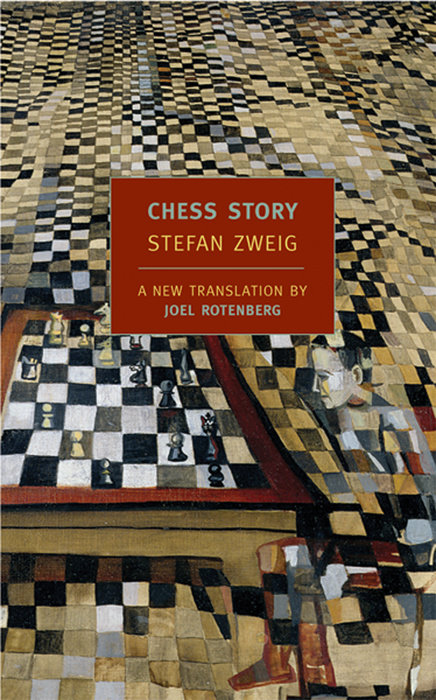I’m getting more ideas for a story. This one just involved a nightmare I just had. I went to a restaurant that was on the first floor of my old building. I had an appetizer and dinner, but weirdly, at least 3 different couples sat down next to me and had dinner and with each one, the man looked in a bag and yelled, “These tickets are for a musical!” And then the woman would say, “Yes but…” and then go into an explanation of how it was so good, etc.
Then I realized that I had tickets for a show, “Hairspray,” (though I couldn’t remember the name.) So since my bill still wasn’t there, I walked up to the waitress in the front room and asked her for my check. She looked at me strangely but I went back to my table. When she didn’t come again, it started to dawn on me that I might now have actually eaten there. So I much more cautiously walked up front and found her, interrupted her conversation, and said, “Did I actually have anything to eat.” “No,” she said. So I yelled at her, “Why didn’t you say so? Why did you let me sit there and sleep?” And she was just as angry and yelled back, “You didn’t.” I was confused, but because I had the theatre to get to, I left. I had my two dogs with me and I was trying to get uptown to get to the theatre, but there were no cabs to be had anywhere. I looked at my watch and all the numbers and dots were missing, but the hands sort of indicated 20 minutes after 6 or 7 — it was hard to tell. And I couldn’t remember if this show started at 7 or 8. So I decided to take the subway. With my dogs in tow I went down three levels to the very bottom level. (This is a recurring dream I have.) where I was on the wrong side of the train and had to jump through a very narrow opening and then scramble up onto the platform in order to get on the side where the doors open. Even then, the doors open and close so quickly that you have to jump during the tiny gap when they’re open in order to get in.
I managed to do that, but then the train only made it to about 34th street and construction on the tracks forced us to the top. Above ground, everything was a mess with construction. It was impossible to get around and then I couldn’t remember what street the theatre was on, or what name it was. And I could only remember the finale of the show, “You can’t stop the beat.” I pulled out an Ipad to try to look it up, but it only had an unresponsive set of pictures or icons and I couldn’t get it to go back to the main screen. So I finally decided to go over to 8th Avenue and about 43rd Street where there was an acting studio or acting classes. This building roughly corresponds to one where musicals hire spaces for the actors and dancers, especially, to work. I can’t remember the name of it but it’s real. It might be further over and higher. I went to the pitch conference there.
So I’m running all through the building trying to find someone to help. I couldn’t.I still had my dogs so I put them down. I kept looking at my watch and the dots and numbers were still missing but it looked like it was about a quarter to the hour. I finally found some people in a room and I begged them, “Please, I’m trying to get to that show with that song ‘You Can’t Stop The Beat,’ but I can’t remember the name of the theatre or the street it’s on. I left my dogs in the other room.” Well these guys were theatre lovers and they were both like, “Oh that show sucks, you’ll hate it.” And I said, “I know but I still have tickets,” so one went to look and then I remembered the theatre had been renamed recently and that’s why I couldn’t remember its name. I said to the guy who had stayed behind while the other went to look up the information, “Oh I think the theatre’s been renamed.” He smiled but was otherwise gay bitchy to me. Then finally the phone rang, and the bitchy gay guy picked it up and said, “Yes. Uh huh.” Then he put the phone to his shoulder and he said, “They can’t find your dogs.”
And then everything dawned on me. I said, “They don’t exist. In fact, I don’t think I have tickets for anything. If you look in my bag, I don’t have tickets.” He came over to me and looked in my bag — a kind of old and filthy New Yorker cloth bag — and there was nothing in it but crumpled up paper. He looked at what I called my “Ipad,” and it was just the screen of an ipad with a piece of paper taped to the front. He looked at my watch and the watch hands had been drawn onto the back of my wrist. And then I started to say aloud, “I don’t have dogs. My dogs died many years ago. I don’t walk them every day.” (An image came into my mind of me walking around my old neighborhood with a leash dragging behind me.) I don’t feed them every day,” (Another image set in where I had put down fifty or sixty cups of food — flies buzzing everywhere. And then a flood of images of my real life — me sitting in the restaurant pretending to eat while the staff looked at me, not certain of what to do. Those couples who had been seated next to me, staring warily.) And in an instant I realized I had lost my mind and that I had been living in a fantasy world for many months — perhaps six. And although I was lucid and reality had re-asserted itself, I could not think of what precipitated this — when this schizophrenia had begun. And then I thought, maybe it was New York City that did it.
*
So that was my nightmare. I woke and felt very frightened. But mostly I was aware of how fragile this world is and, as the Buddhists like to say, “Everything is perception.” I think that’s why Jung was so adamant that you have no right to say that someone’s predilections or peccadilloes are “wrong” or “immoral.” (Did Jung say that? I don’t know. But I know that if someone walked into a Jungian therapist’s office and said, “I am the greatest piano player in the world,” a proper Jungian therapist would not discount the possibility that it might be true.)
I will write about D.H. Lawrence and eventually Barbie next time, because I have a few thoughts that may not have been written about thousands of times over already.




